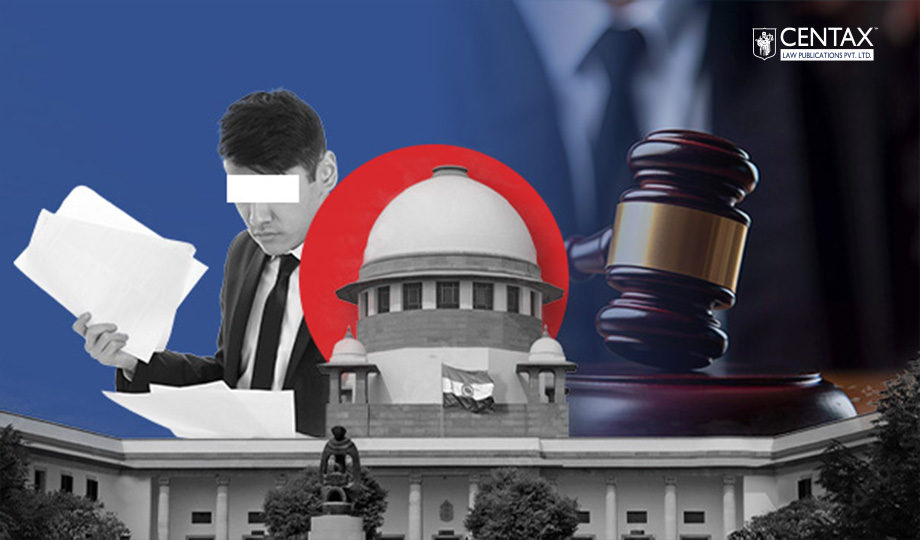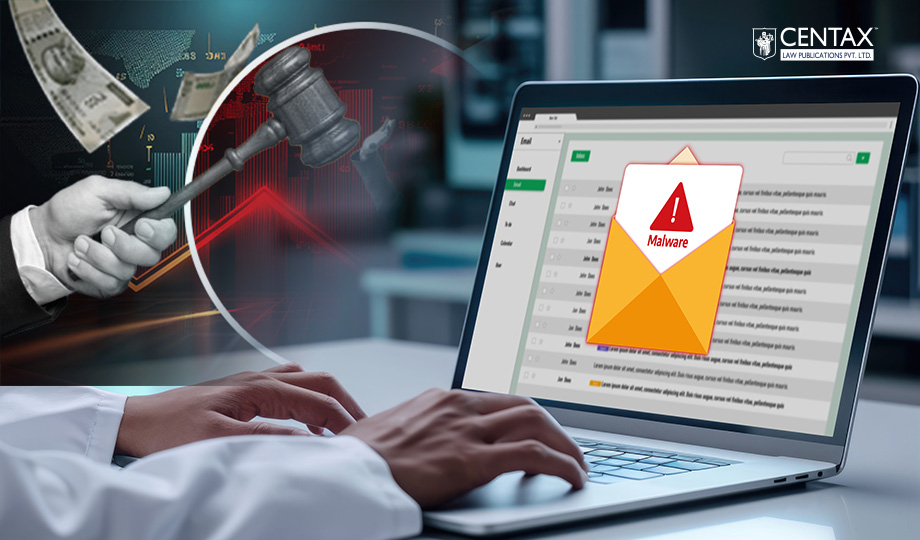
Instruction No. 06/2025 – GST, Dated 03-10-2025
1. Introduction
The Central Board of Indirect Taxes and Customs (CBIC) has issued detailed instructions on the processing of refund applications related to zero-rated supplies and the inverted duty structure (IDS) under the GST framework. These directions aim to ensure uniformity, efficiency, and fairness in the refund sanctioning process while maintaining compliance with applicable rules and minimizing delays for genuine taxpayers.
2. Provisional Refunds for Zero-Rated Supplies
As per the new instructions, refund applications pertaining to zero-rated supplies—such as exports and supplies to Special Economic Zones (SEZs)—will be eligible for provisional sanctioning. The Board has directed that 90% of the claimed refund amount may be released on a provisional basis, provided the taxpayer’s profile meets the required risk assessment criteria. This measure is expected to ease working capital constraints for exporters and businesses engaged in zero-rated transactions.
3. System-Based Risk Assessment
A key component of the revised mechanism is the introduction of a system-generated risk score. Refund applications classified as “low-risk” by the automated risk management system will be prioritized and processed more swiftly. This data-driven approach aims to strengthen the refund verification process, minimize human intervention, and reduce the chances of fraudulent claims while ensuring prompt relief to compliant taxpayers.
4. Application of Rule 91(2) Amendment
The CBIC has also clarified the judicious application of the amendment to Rule 91(2) of the CGST Rules. Officers have been advised to exercise discretion on a case-by-case basis rather than adopting a presumptive approach. The intent is to prevent the withholding of provisional refunds without valid reasons. This ensures that genuine taxpayers are not burdened by unnecessary procedural delays while maintaining safeguards against potential misuse.
5. Conclusion
In conclusion, the CBIC’s latest instructions reflect a balanced approach between facilitating timely refunds and ensuring regulatory vigilance. By combining risk-based assessment with provisional sanctioning, the Board seeks to enhance efficiency and transparency in the refund process for zero-rated and IDS cases. These steps are expected to streamline refund administration, strengthen compliance culture, and provide much-needed liquidity support to legitimate taxpayers.




















